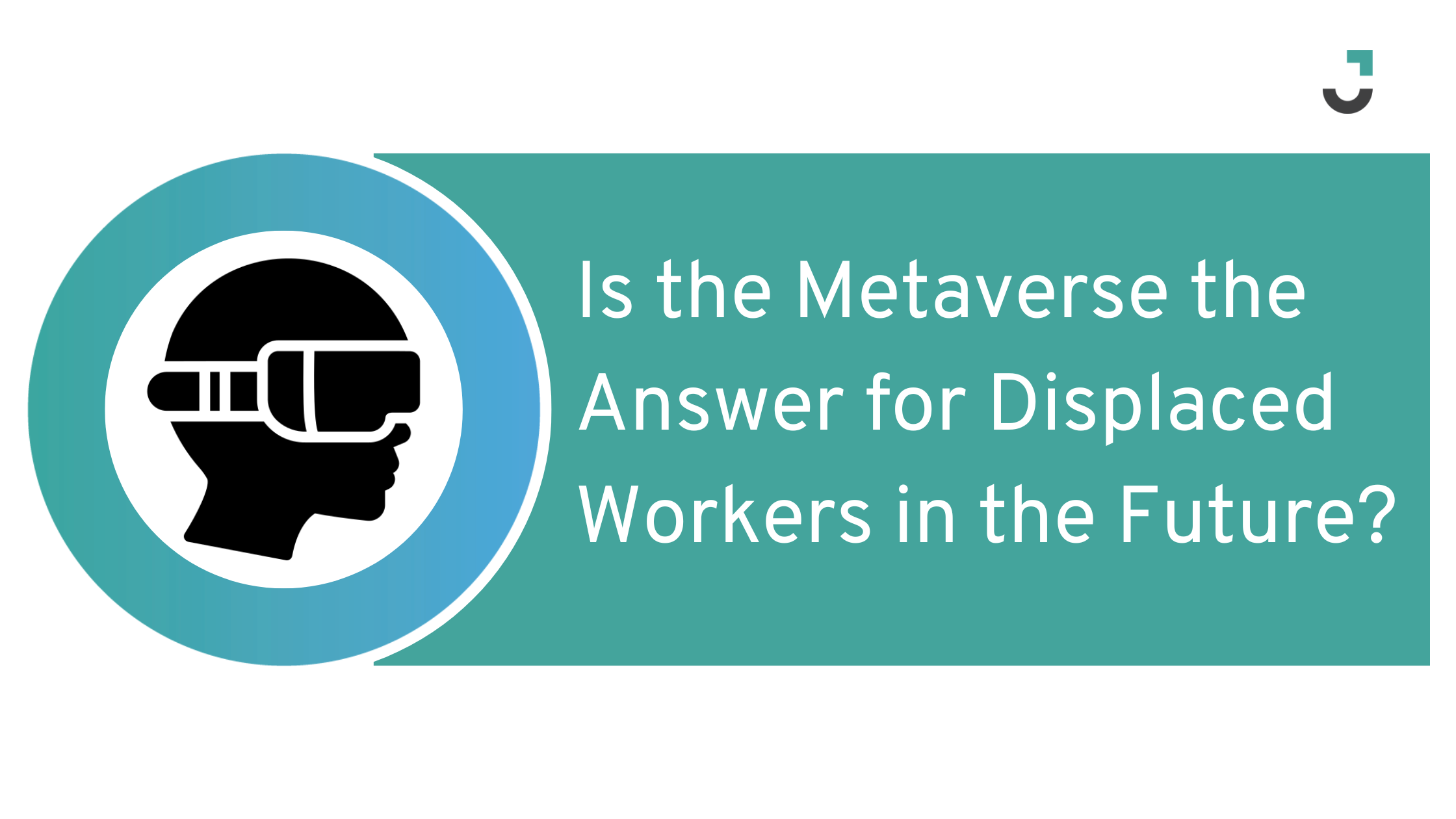Technology and industrial development have seen the displacement of workers over hundreds of years. As process automation and mechanical substitutes begin to offer solutions over and above human capability, it’s natural for capitalism to select for the least expensive and most effective way to produce something.
Many of us helplessly witnessed this painful lesson when it was learned with the collapse of the Rust Belt. The removal of many industrial blue-collar workers’ jobs was devastating for the workers, their families, and the companies, which in turn, effectively caused a micro-economic meltdown with macro impact across North America. We owe it to these workers, their families, and ourselves as a collective to do better this time. And with the now much higher level of consciousness regarding the need to safeguard against the displacement of workers along with the literature written, I’m hopeful that we’ll make better decisions as a collective moving forward.
Knowing how much pain and devastation was caused by the loss of these jobs, the government should really be the body that’s thinking through this impending issue. While some believe that companies should be responsible for displaced workers, capitalism inherently operates in such a way that it does not take responsibility for anyone displaced by it. We need better solutions.
AI is the real job killer here, especially when you consider what it will do to the logistics and delivery job market alone. Companies are busily creating Level 5 autonomous trucks, vans, cars and drones. However, there are over 3.5 million truck drivers and 1.3 million delivery drivers in the U.S.—the displacement of that labor market alone would be of epic proportions. Also, in this scenario, rather than being simply concentrated in one area (as was the case with the Rust Belt), this will be a national epidemic of people losing their jobs, not to mention the impact that will have on the overall economy.
Perhaps the harder truth to accept is that this is just one example of where AI will begin to take jobs from humans at an unprecedented rate. In fact, automation is set to displace 46% of jobs by 2030, which means 73 million people’s lives are set to be disrupted. If there is nothing to replace these roles, this will result in a cataclysmic economic, social and global event.
Given the potential gravity of such a scenario, we must look to other areas of growth that could cater to a paradigm shift of this scale. In order to counterbalance such a massive displacement, we need to see an industry and new market that could offer support for all of those who will find themselves without jobs or careers. And the only industry we know today that will experience such growth is the metaverse.
Citi predicts that over the next 10 years, the metaverse could be worth somewhere between $8-$13 trillion in value and based on the time scale, today is the only market that presents the level of growth needed to match the level of displacement that automation is set to unleash on the job market. It’s important to begin thinking about what potential jobs we imagine could be created for someone in the metaverse, and how we could help them both realign into and find opportunities there.
In truth, there are many new job type creations that are predicted to form within the metaverse and not all of them are technical. Let’s discuss some examples below.
New Jobs in the Metaverse
Storytellers:
This job role requires individuals responsible for both nonfiction and fiction stories that will be created and told within the metaverse. This job is about detailing scenarios in the most realistic way possible and communicating that to the engineers, so they can create experiences that replicate the real world. You may think that this is a purely technical role, but storytellers are always people who have lived certain factual experiences and who will work with teams to draw out the details of a scenario while documenting it in a fashion that also allows the storyteller to speak, write, and describe with conviction.
Which brings me to the question: where will they source these stories from? I believe this is a major job opportunity, especially when you consider just how many things could be dreamt up in the metaverse—it’s endless with endless opportunities.
Sensory Builder:
There will be job roles which set up the lights, cameras, and everything else required to make the metaverse feel as real as possible. This is a hardware installation at mass scale and will require regular upgrades, maintenance, and repairs. Undoubtedly, this entire field will be a complete economy in itself and is one that people could transcend into comfortably from many industries with applicable transferable skills.
Meta Sales:
A whole new world of sales opportunities, partnerships, and deals will be created that will make up a large part of the newly formed $13 trillion market that is anticipated in the metaverse. This will see a large requirement for account managers, customer service, and other roles, which arguably could be done by AI, but with such a large component of a person's life being in a virtual world, potentially the idea of humans still holding this workload and interface may be more appropriate (at least initially).
Metaverse Tour Guide:
Yes, you read that correctly. And before you say, AI could do that, while yes, they could—a human behind an avatar providing a tour of the metaverse? Well, that's just cool. It's definitely something that will occur and will be a role people can move into in volume—especially given the level of experiences in the virtual world that’s being created along with the infinite possibilities it allows for.
Summary:
We cannot expect those who will be displaced to wake up tomorrow and suddenly have all the skills needed to facilitate the above job roles and more. However, we’re entering into a brand-new territory, the 21st-century version of newly found, albeit virtual, land. The education system for the next generation is also miles behind when it comes to training the future labor force. We’ll be entering a period of the ultimate skills gap, where a person's cognitive ability to learn something new will be the true measure of their success.
We must invest in retaining and supporting the displaced labor force as soon as possible, in order to prepare for the jobs of the future and to avoid repeating the devastating mistakes of the past. Technology could be our biggest friend when it comes to progress, or our biggest enemy, it just depends on how sensible we are. Let’s not allow short-term profits to overcome the need for thinking long-term as well as protecting workers’ livelihoods. And let’s start living in a fashion in North America that’s greater than a quarter-by-quarter basis.
Original Article Found Here
Original Author: Arran Stewart, Chief Visionary Officer and Co-founder of Job.com
Job.com is a digital recruitment innovator with a unique perspective: Delivering technology and capabilities that shake up the market by bringing together a data-driven approach based in AI and machine learning with high-level, human-capital-delivered solutions, designed to efficiently attract and retain the right talent and provide consumer-level user experiences throughout the hiring process.


